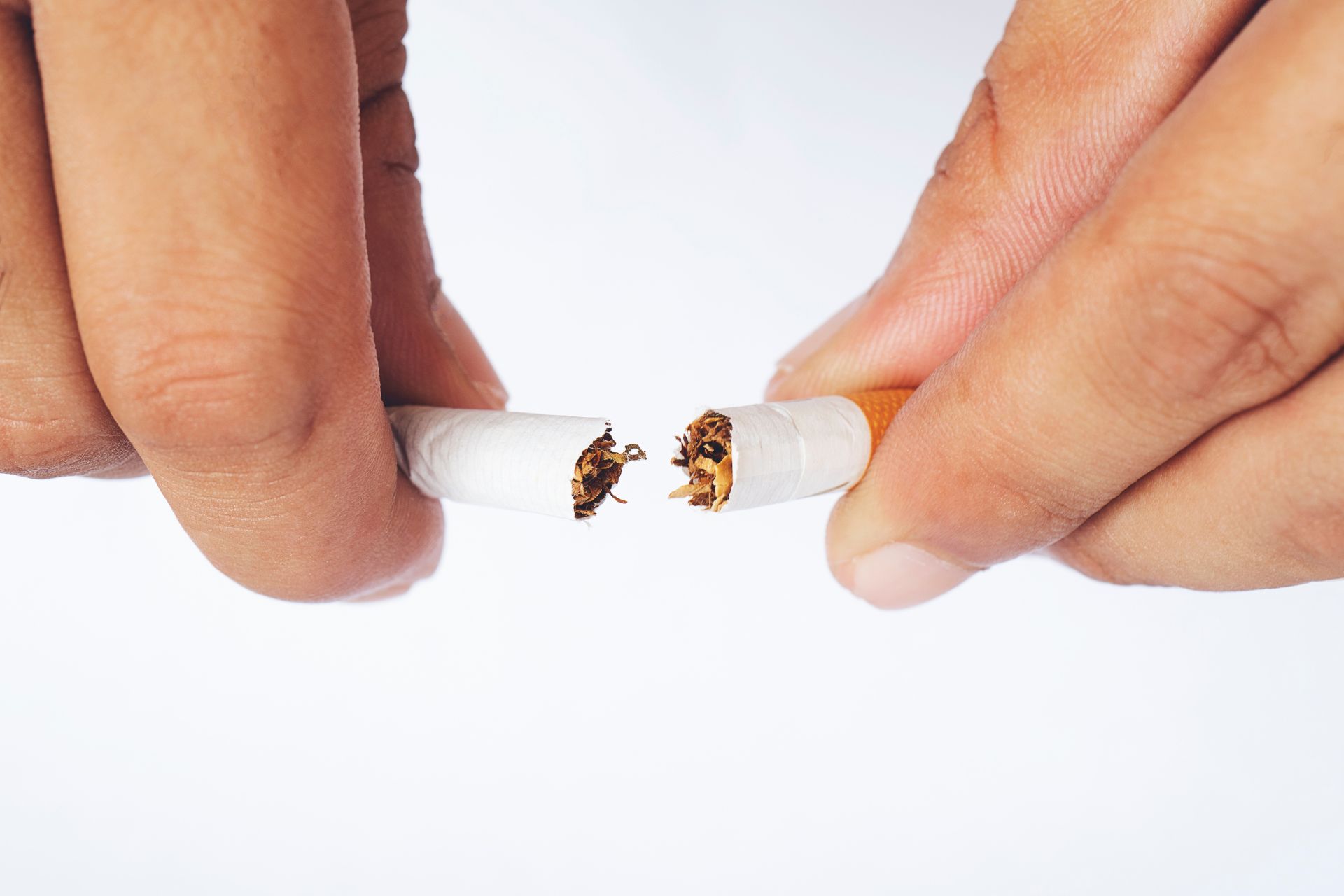As a smoker, you may be wondering if dental implants are a viable option for you. The answer is yes, they are. However, there are certain factors to consider before going ahead with the procedure. In this article, we will discuss the benefits and risks of dental implants for smokers and what you can do to increase your chances of success.
The Benefits of Dental Implants for Smokers
Dental implants are a popular and effective solution for missing teeth for people of all ages and lifestyles, including smokers. Unlike dentures or bridges, implants are permanently fixed in your jaw and function like natural teeth. They are incredibly durable, and with proper care can last for many years, even for smokers. Implants are also stable and do not shift or slip like other dental prostheses, making them the most comfortable and convenient option for eating, speaking, and smiling.
The Risks of Dental Implants for Smokers
Smoking is a known risk factor for complications following dental implant surgery. Nicotine and other chemicals in tobacco smoke can inhibit proper healing and osseointegration, the process by which the implant fuses with your jawbone. Smokers may have a higher risk of implant failure, infection, or bone loss compared to non-smokers. Additionally, smoking can also increase the risk of gum disease, which can compromise the stability of implants over time.
How to Increase Your Success Rate
If you are considering dental implants as a smoker, it is essential to discuss your smoking habits with your dentist or oral surgeon. They can assess your overall health, oral hygiene, and bone density to determine if you are a good candidate for implants. To increase your chances of success, it is recommended to quit smoking at least four weeks before and after the surgery. This will allow your body to heal properly and reduce the risk of infection or implant failure. You may also need to follow a strict oral hygiene routine, such as using an antimicrobial mouthwash or avoiding hard and sticky foods for several weeks.
Other Factors to Consider
In addition to smoking, there are other factors that may affect your suitability for dental implants. For instance, if you have severe gum disease or inadequate bone density, your dentist may recommend bone grafting or other treatments before implant placement. Also, if you have a history of bruxism (teeth grinding), you may need to wear a nightguard to protect your implants from damage. Your dentist will discuss all these considerations with you, help you weigh the pros and cons, and develop a personalized treatment plan that meets your needs and goals.
Dental implants can be an excellent option for restoring your smile and oral function as a smoker. However, it is important to understand the risks and take steps to minimize them. By working closely with your dentist, quitting smoking, and following a comprehensive oral hygiene routine, you can increase your chances of a successful outcome. Remember that dental implant surgery is a major investment in your oral health and well-being, and the benefits can last a lifetime.
In conclusion, dental implants are a viable option for smokers who want to replace missing teeth. While there are some risks associated with smoking, they can be minimized by quitting smoking and following the advice of your dentist. Dental implants offer the best long-term solution for oral function and aesthetics, and with proper care, can last for many years. Don’t let smoking hold you back from restoring your smile – talk to your dentist today about your options.



